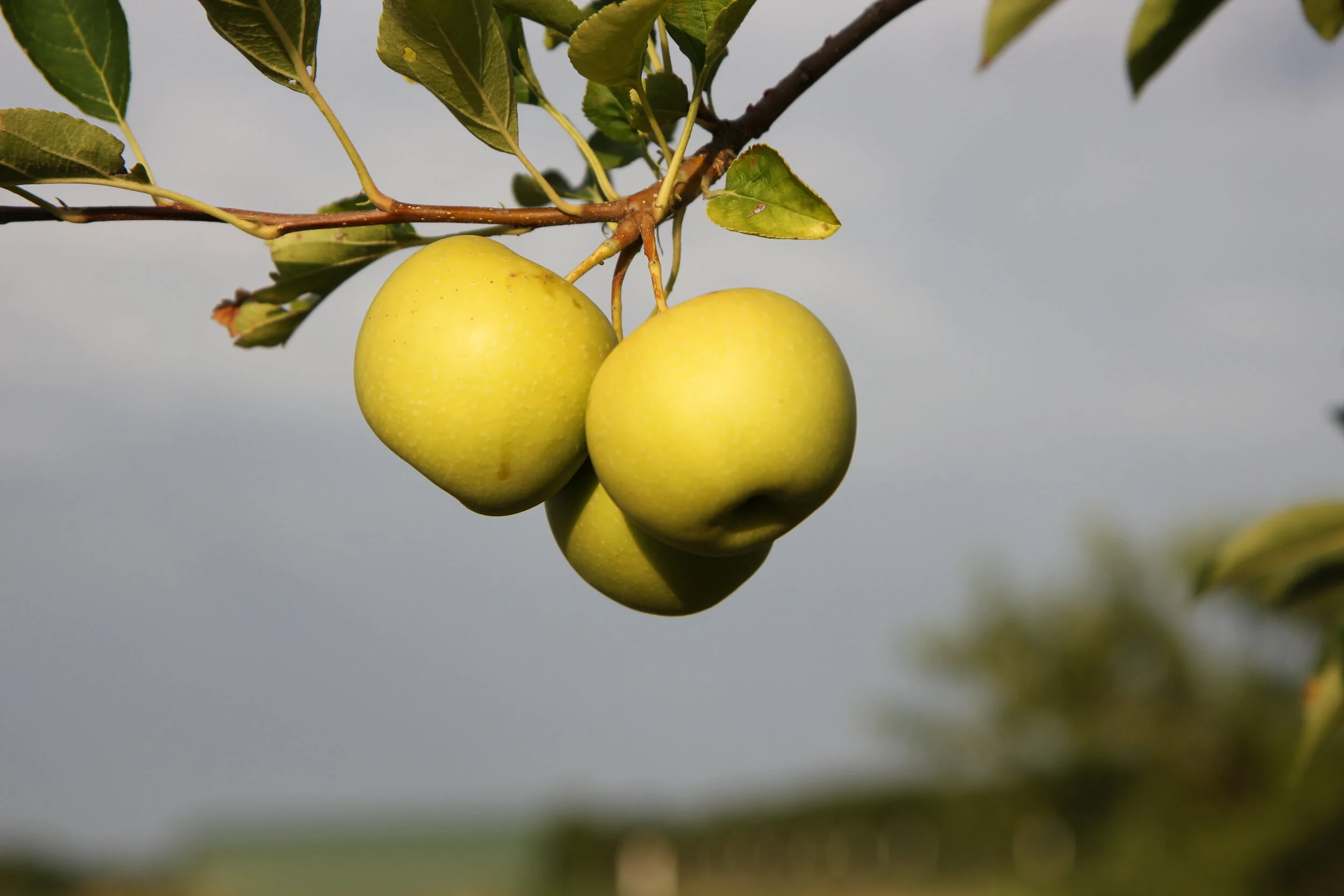““You can farm””
The Farm Plan
Viking Farm sits on 10.5 acres atop a hill in beautiful Van Alstyne, Texas. After 19 years travelling and living as an Air Force family we up and moved to a farm in the country. The plan is to raise plants and animals in a synergistic regenerative fashion to get maximum benefit, in a modern day permaculture homestead. We want to create wholesome and healthy food for our family and our community. We aim to be a learning environment for children and adults who visit the farm.
What we farm
Pecan Trees
We have roughly 100 pecan trees of varying ages, most in an orchard, but a few others scattered about the property. Once the orchard gets some fine tuning and we tightly manage it, we plan on making Pecans a part of our fall crop.
Fruit Trees
Pears, Apples, Peaches, Figs, Lemons to name a few. So far, these trees are very young and barely in production. Enough for an afternoon snack in the right season for our kids. We expect increasing returns over the years.
Alpacas
They’re fuzzy, gentle and cute. Aside from that, think SUPER sheep. Better than sheep in every respect (except price!), they can be used in pretty much the exact same way. They are very gentle grazers, only eat about a cup of grain each day (out of your hand if you want), and produce top quality manure in communal piles just to make it easy for a farmer to process. We are currently composting this and turning out absolutely premium soil amendments. We will be using every bit that we make on the farm for the foreseeable future. They are shorn once a year and the fiber is highly sought after to make textiles/crafts/clothing/yarn etc. Plans for the fuzzy flock are to institute a breeding program, increase the size of our herd, mostly focusing on the fiber production side of this interesting animal as well as reap the regenerative aspects of having these animals on our farm.
Bees
Honey Bees are a precious global resource, without which, food production becomes extremely problematic. We plan on raising a modest amount of bees on our farm (initially) in a sustainable, chemical free fashion, minimizing labor and input costs. This departs somewhat from the commercialized and industrialized beekeeping prevalent in most of America these days, but should result in a much healthier bee population, adapted to our local environment and naturally disease resistant. Basically we see this as a potential way forward in reversing the colony collapse disorder and overall destruction of bees, using traditional beekeeping methods and horizontal hives designed 100 years ago. Plus, being vikings, of course we are going to use the honey to make mead!
Chickens
Eggs. Meat. Tilling. Fertilizing. Bug management. Pasture sanitation. Tons more reasons to keep yard-birds. Plans include mobile chicken coop, as well as chicken tractors for meat birds. Initial plans are for producing food for our family/friends, but as this evolves, could easily turn into a profitable enterprise.
Garden Vegetables
In a word: Aquaponics. Aside from our own backyard garden, we plan on building and operating a small commercial scale operation focused initially on salad greens (lettuce, arugula, etc.) and cooking herbs that will adapt as the local market demands. Aquaponics is unique in that it uses live fish to provide the nutrients for the plants in an almost-closed loop soil-less system. All the water is recycled and only have minimal losses due to evaporation. The system is so efficient that we expect to get 5 to 10 times the yield of certified organic crops compared to a comparable plot using traditional agriculture methods, and use 10% or less of the water.
